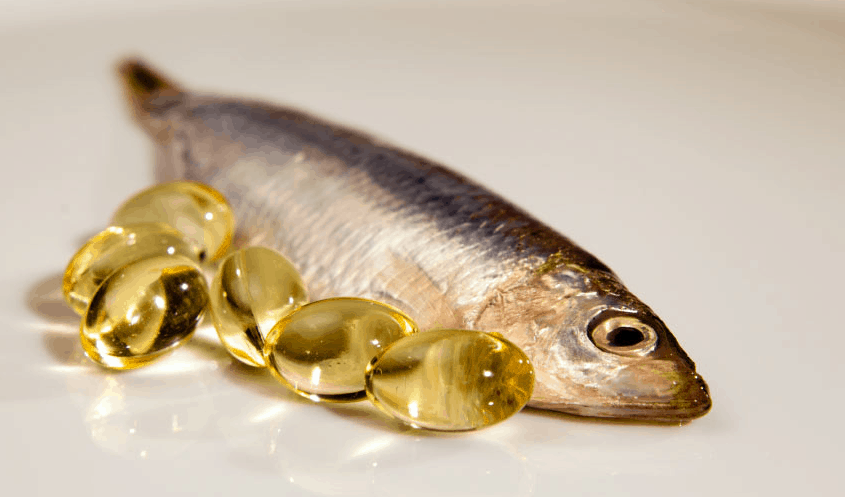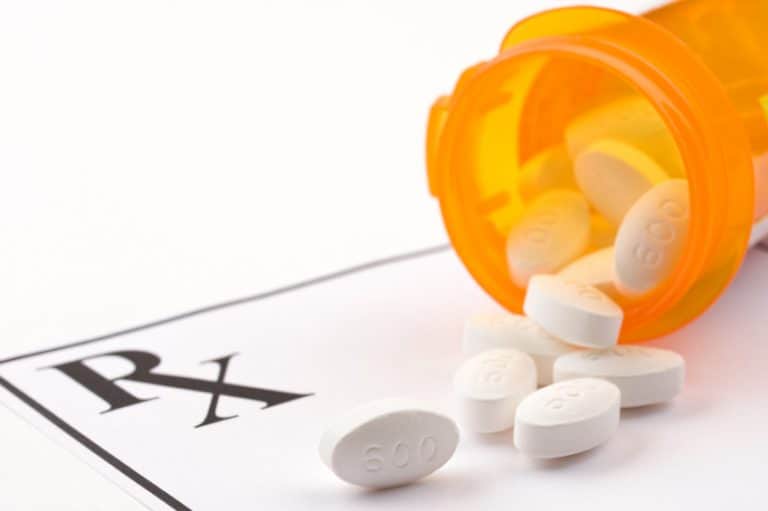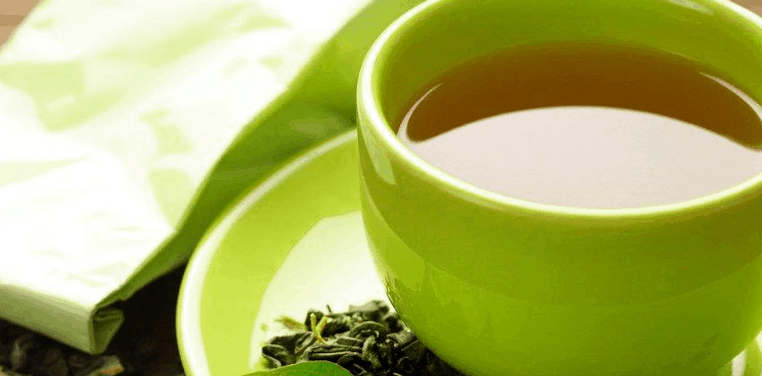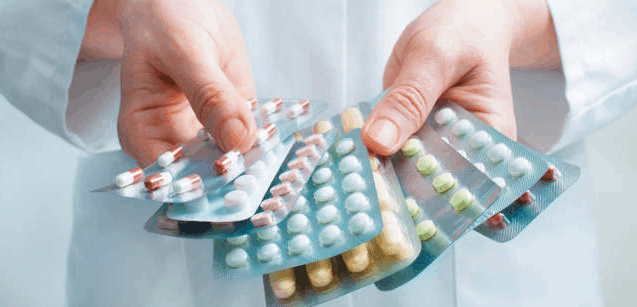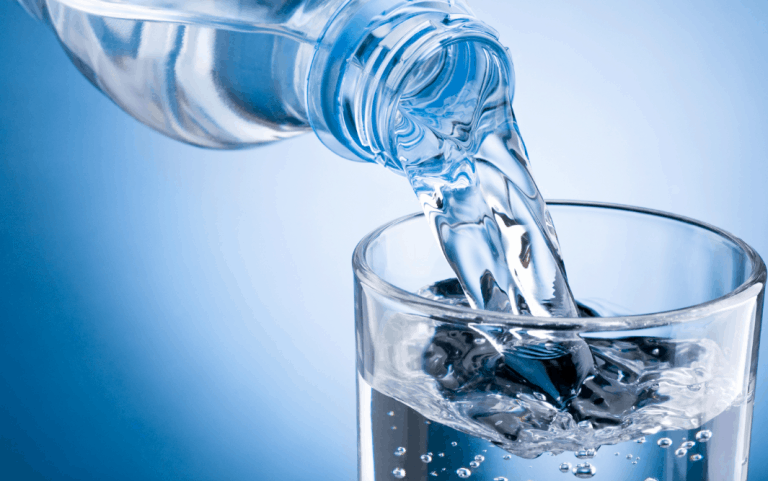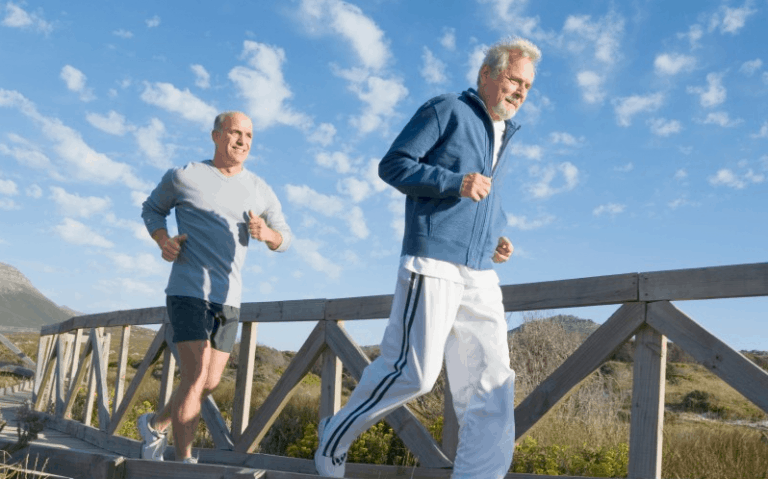You’ll hear about inflammation a lot when talking about chronic prostatitis/chronic pelvic pain syndrome (CP/CPPS). Inflammation is a major contributor to many of the causes of CPPS and its symptoms.
There are a number of health conditions that cause inflammation, including:
- stress,
- allergies,
- autoimmune responses,
- neutrophil dysfunction,
- pelvic trauma,
- and others.
Because inflammation is a broad topic and it usually results from another health problem, it is not a very specific cause of CP/CPPS. However, it is significantly involved in causing many chronic prostatitis symptoms.
Inflammation had both good and bad roles in the body. It is one of the body’s defense mechanisms, helping to kill germs, but on the bad side it also harms organs or tissues. You’ll find chronic inflammation present in many other diseases, such as arthritis, Alzheimer’s, heart disease, multiple sclerosis, and diabetes to name just a few. It can cause problems with the nervous system, and that is when you’ll find that pain develops in the case of prostatitis. Autoimmune disorders or diseases can also cause inflammation. When there is an infection, injury, or allergen present in the body, the mast cells and T cells create inflammation, which can lead to pain. All this is why it is important to try to control inflammation in the body through diet and other measures.
Some of the natural prostatitis treatments for inflammation include supplements, diet, and certain foods to avoid. Foods you should avoid include:
- simple sugars,
- saturated fats from red meat,
- wheat,
- and dairy products.
One of the natural treatments you can do at home is to make dietary changes. Following Dr. Geo’s NPAT Treatment Program can help teach you how to lower inflammation in the body. You can follow a wheat-free or gluten-free diet and choose foods that help reduce inflammation. This include eating:
- heart-healthy fats,
- fatty fish rich in omega-3 fatty acids,
- foods rich in lycopene, such as tomatoes and watermelon, and
- taking dietary supplements that fight inflammation associated with prostatitis include stinging nettle, green tea, and curcumin.
Many doctors prescribe or recommend traditional medicines for prostatitis symptoms including pain relievers and anti-inflammatory drugs, but there are side effects from taking these medications long-term. A more effective and more comprehensive and healthier approach is to follow a multimodal approach, which is one that combines multiple treatments.
When you combine natural therapies (like diet and supplements) with alternative prostatitis treatments, you may find relief without suffering medication’s side effects. There are many different alternative therapies that may help reduce prostatitis symptoms including:
- acupuncture,
- Ayurvedic medicine,
- trigger point release therapy,
- prostatic massage,
- reflexology,
- exercise, and
- stress management techniques (meditation, yoga, and tai chi).

